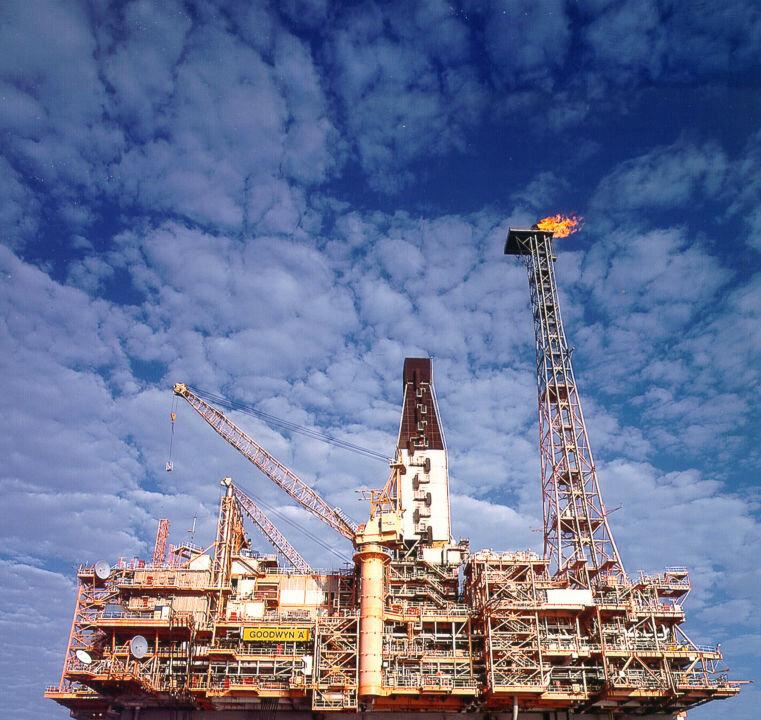Woodside, Australia’s largest independent oil and gas company, is ceasing its operations in Burma (also known as Myanmar), reasoning that development is out of the question due to human rights abuses committed by the junta.
Almost a year into the military coup that has resulted in the deaths of approximately 1,500 civilians, global oil companies Total and Chevron announced on Jan. 20 and Jan. 21, respectively, that they would pull out from Burma for human rights reasons.





